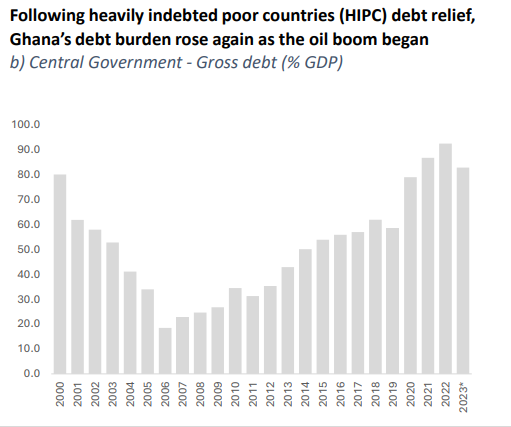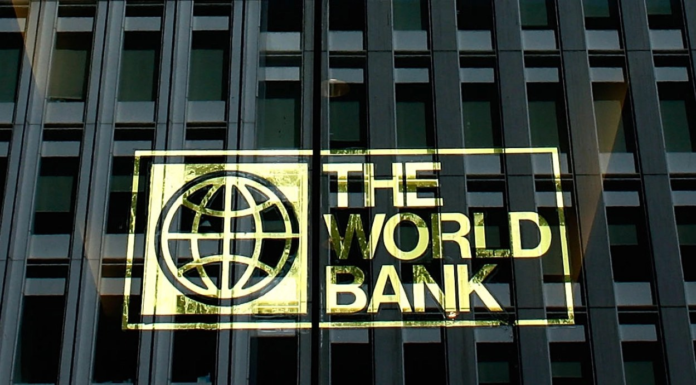The World Bank has attributed Ghana’s 2022 economic crisis to a lack of fiscal discipline and an expensive response to global shocks.
In its Ghana Public Finance Review, the Bretton Woods institution highlighted weak budgetary institutions, high fiscal liabilities from the financial and energy sectors, and insufficient revenue collection as key factors that led to the crisis.
The report noted that weak expenditure controls created a vicious cycle of reduced fiscal space and unsustainable debt accumulation, particularly due to overreliance on external commercial debt amid declining tax revenues in the years leading up to the crisis.
Additionally, the costly financial sector clean-up and ongoing losses in the energy sector worsened the country’s fiscal pressures.
“With precarious fiscal conditions, the prolonged and expensive fiscal response to COVID-19 and the subsequent deterioration of global conditions plunged Ghana into a full-fledged crisis—and into debt distress—in 2022,” the report, titled Building the Foundations for a Resilient and Equitable Fiscal Policy, stated.
The World Bank further pointed out that Ghana’s rapid GDP growth, driven by debt, made the economy highly vulnerable to global shocks.
Despite some progress toward economic stabilization, the report emphasized that more work is needed to meet monetary and fiscal targets and ensure long-term fiscal sustainability. It recommended stronger domestic revenue mobilization to create fiscal space for critical development priorities.
 Ghana’s tax collection falls below that of comparators, although not for all taxes
Ghana’s tax collection falls below that of comparators, although not for all taxes

